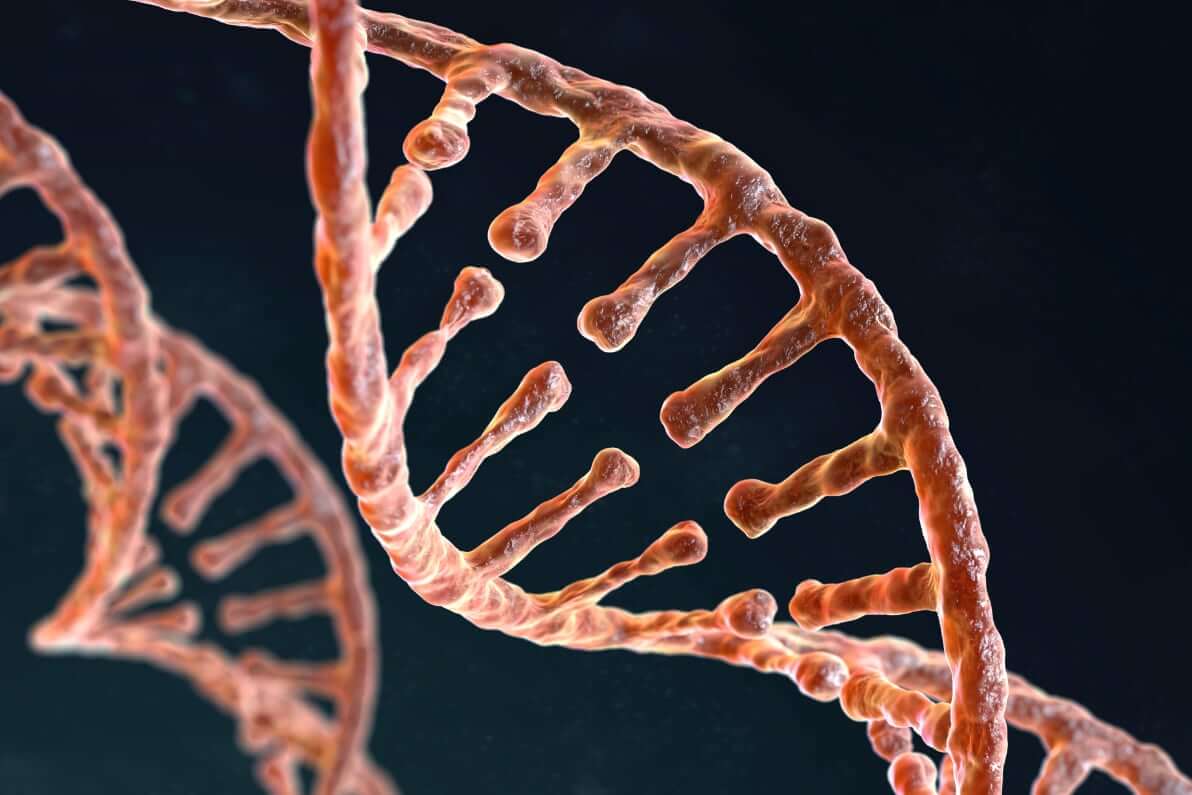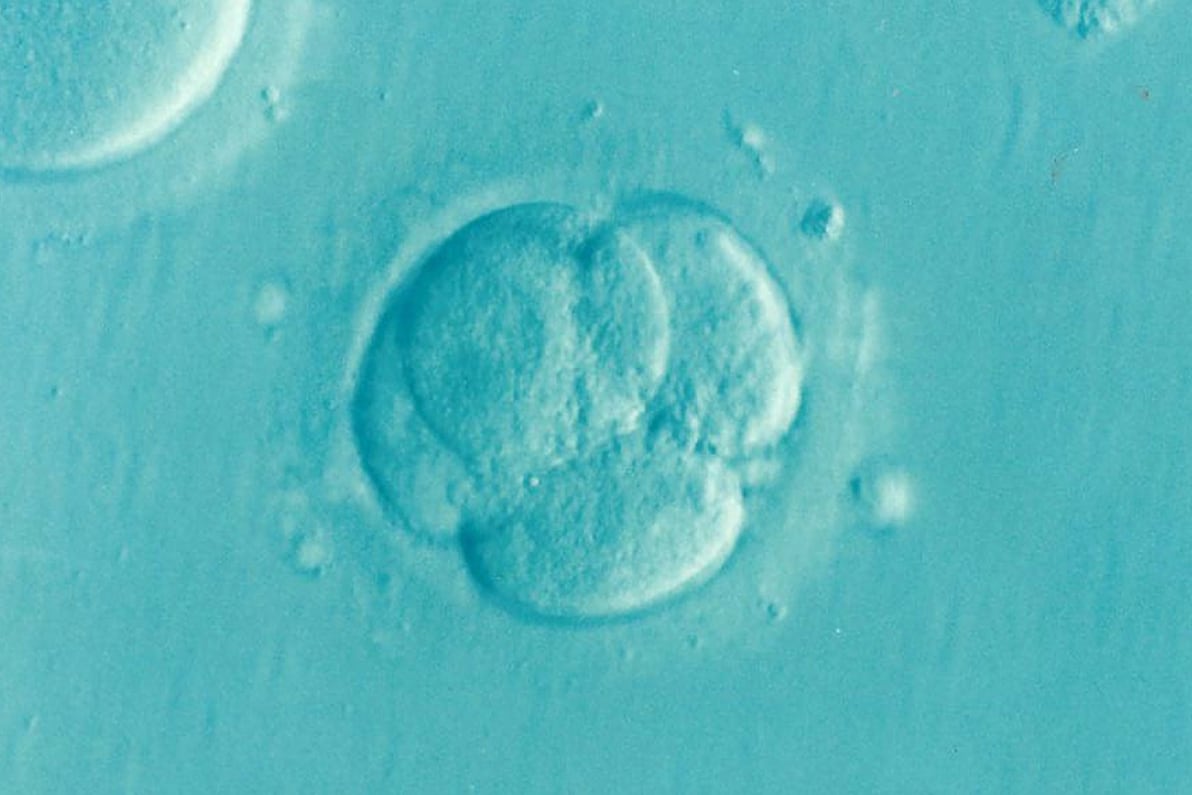Genetic Testing
What is PGT (PGT-A, PGT-M, PGT-SR)?
There is a range of preimplantation genetic testing (PGT) options, you may come across PGT-A, PGT-M and PGT-SR as the most common abbreviations.
- PGT-A: Preimplantation genetic testing for aneuploidy. This test is to make sure that the embryo has the correct number of chromosomes.
- PGT-M: PGT for single-gene disorders (also called monogenic). Some known inherited disorders are caused by a single gene, and this type of embryo test focuses on those disorders.
- PGT-SR: A test to verify if there are any structural chromosome rearrangements. When a parent has a modified chromosome structure, the test can detect missing or excessive genetic material in an embryo.
When the embryo in the lab is 5 days old, we extract a number of cells through an embryo biopsy. Your embryo keeps growing in the incubator, and as it develops we test a very small number of cells through preimplantation genetic testing or PGT.

What can be tested?
As an intended parent, you may carry genes in your chromosomes that affect the likelihood of a healthy pregnancy and successful birth. Some of these genes may result in a miscarriage, causing grief and an emotional rollercoaster. Other genes may cause your baby to have a genetic disorder.
Preimplantation genetic testing can currently identify over 20,000 types of gene mutations. For example, mutations linked to SMA or Spinal Muscular Atrophy, Cystic Fibrosis or Fragile X Syndrome.
There is no evidence of health problems caused by PGT. There is a small risk that the embryo may be damaged during the biopsy procedure. The risk of not obtaining a diagnosis on the biopsy also exists. The largest risk for PGT is not having embryos available for testing. The results of the PGT procedure may show that all embryo is abnormal and in these circumstances, no embryos are available for transfer.
Misdiagnosis is also a possible risk of PGT. It is possible when performing PGT-A that some cells in the embryo may have different chromosome numbers than the other cells in the biopsy. This is referred to as mosaicism and could result in misdiagnosis due to the face that the information from the biopsied cell(s) is not reflective of the entire embryo.
Cost of PGT
State policies/NZ legislation
Please note that in Australia and New Zealand, specific policies apply around the legality of available tests. In particular, when testing creates a situation where couples could apply sex selection when selecting an embryo, states have particular legislation in place.
In New Zealand, preimplantation genetic diagnosis is subject to different ethical views, and there are guidelines for fertility specialists.
Ask your fertility specialist which legislation applies to your local area before making decisions about your preimplantation genetic testing.
Please note that the information provided is not medical advice. To obtain personalised information about suspected infertility, please contact your qualified fertility specialist.

